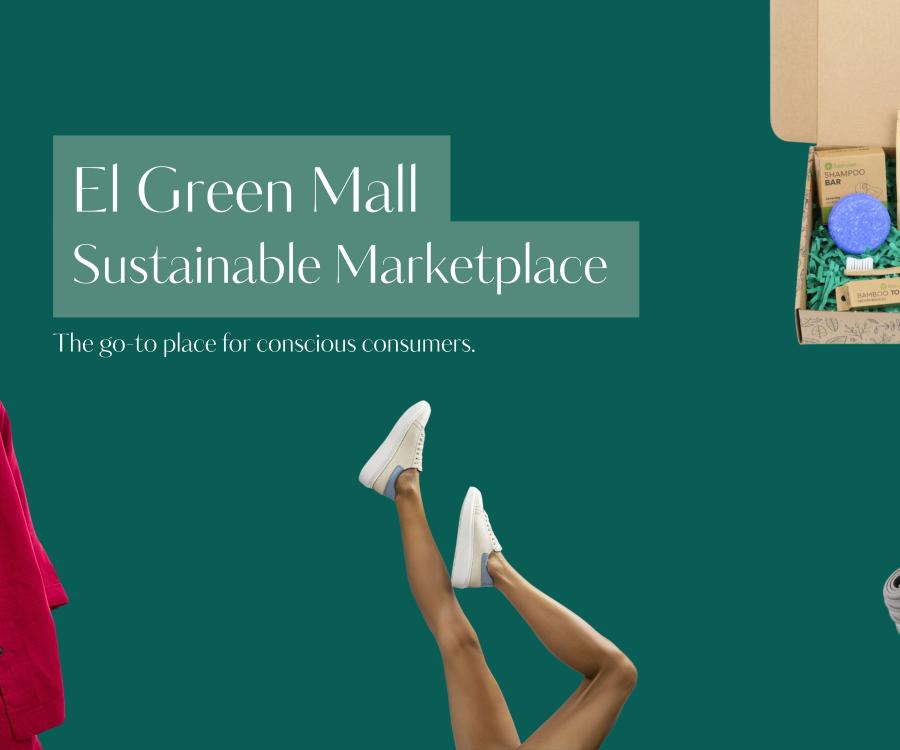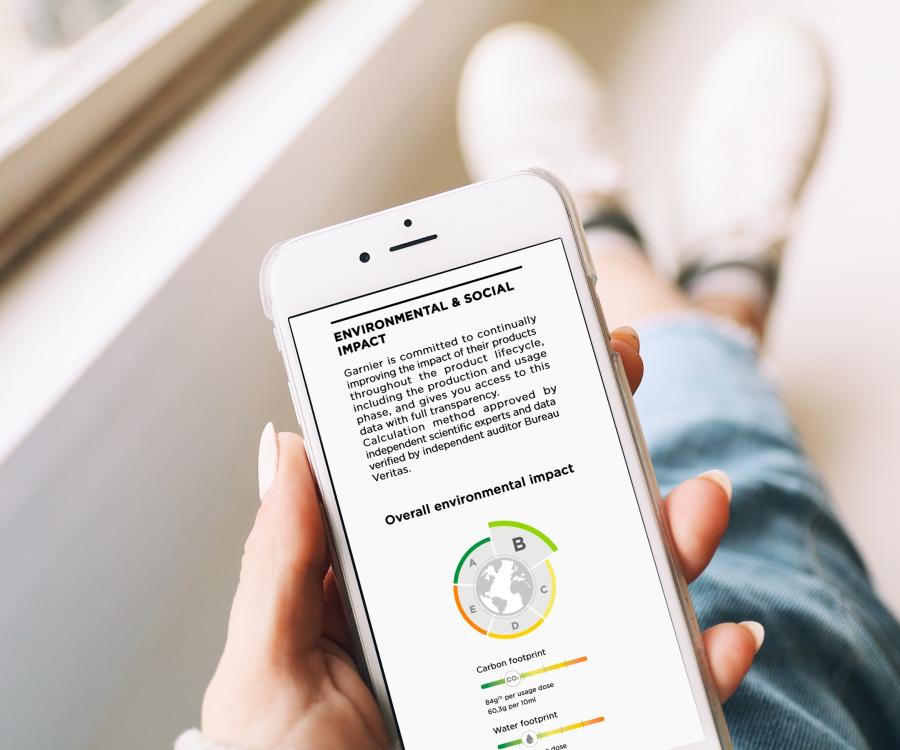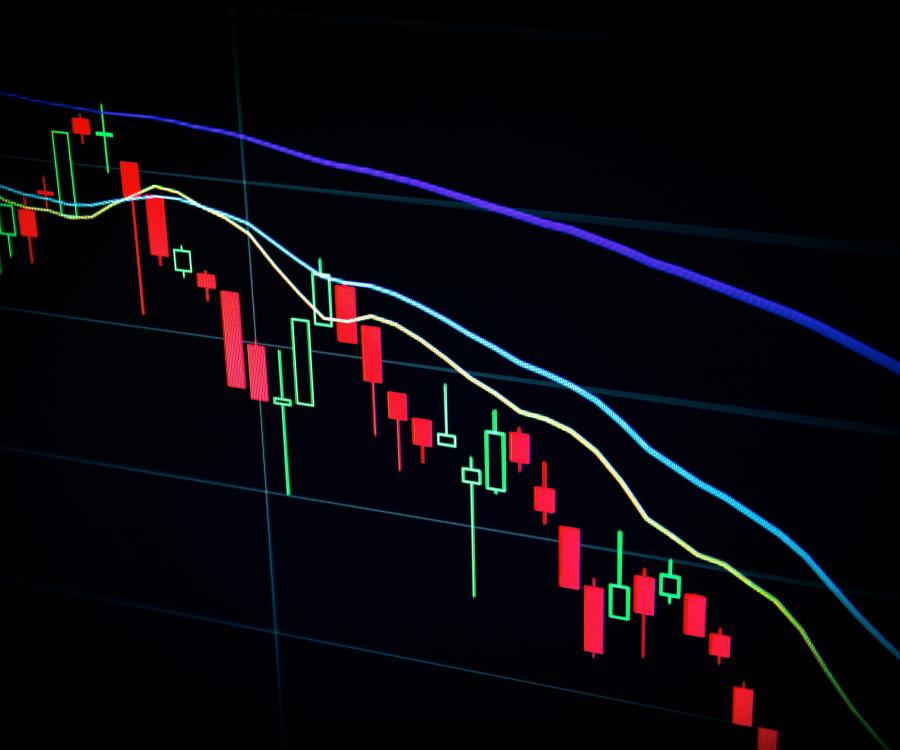
Tackling plastic pollution is moving up the EU agenda as European citizens express concern at the impact of plastics on their health and the environment. Many initiatives already look for circular solutions engaging every stakeholder. This implies shared responsibilities and commitment among all actors in the supply chain, including manufacturers, packaging industry, retailers and also consumers.
Retailers are aware of their key role in addressing consumers’ concerns on the environmental impact of these products. Today at the annual Retail Forum for Sustainability, Karmenu Vella, EU Commissioner for Environment, Maritime Affairs and Fisheries, said: “The implementation of the European Strategy for Plastics in a Circular Economy, adopted by the Commission in January, will transform the way plastic products are designed, used, produced and recycled in the EU.
In this context, the European Commission has proposed EU-wide rules aimed at fishing gear and single-use plastic products most frequently found on Europe's beaches. We welcome the efforts put forward by the retail sector in reducing the use of single-use plastics. Today’s Retail Forum is a good opportunity to shine the light on best practices put forward by the sector.” EuroCommerce Director-General, Christian Verschueren, added: “The retail and wholesale sector understands the concerns of European consumers for more sustainable consumption and circular economy, and has reiterated its commitment to promoting this.
The sector has already demonstrated its leadership in reducing packaging and single-use plastics and made collective and individual commitments on, for instance, an 80 percent reduction in overall waste. Although we can have little impact on cleaning up marine litter, we are actively reducing micro-plastics in the products we sell, providing alternatives to single-use products, improving packaging for ownbrand products, seeking to increase recycling and reuse, and developing initiatives on eco-design. Retailers are also investing in sustainable supply chains.
To do all this, however, we need the responsibilities for action to be shared fairly across the supply chain, and a clear definition of ‘extended producer responsibility’ on the basis of the recently agreed Waste Framework Directive.” ERRT Director-General, Susanne Czech, continued: “By minimising plastic waste in supply chains, promoting recycling, increasing the use of recycled content in their products, and prioritising the use of renewable materials, retailers have already made good progress. The effectiveness and success of retailers’ initiatives have been closely monitored by an independent operator under the umbrella of the European Commission and is collected in the REAP database.
For a successful EU Plastics Strategy and implementation within the Circular Economy, the Retail Forum today has showed us once again how important it is to gather all actors across the value chain around the table when discussing circular economy, showcasing the intricacies and complexity that each actor encounters when making its own contribution in addressing the issues related to plastics.”




